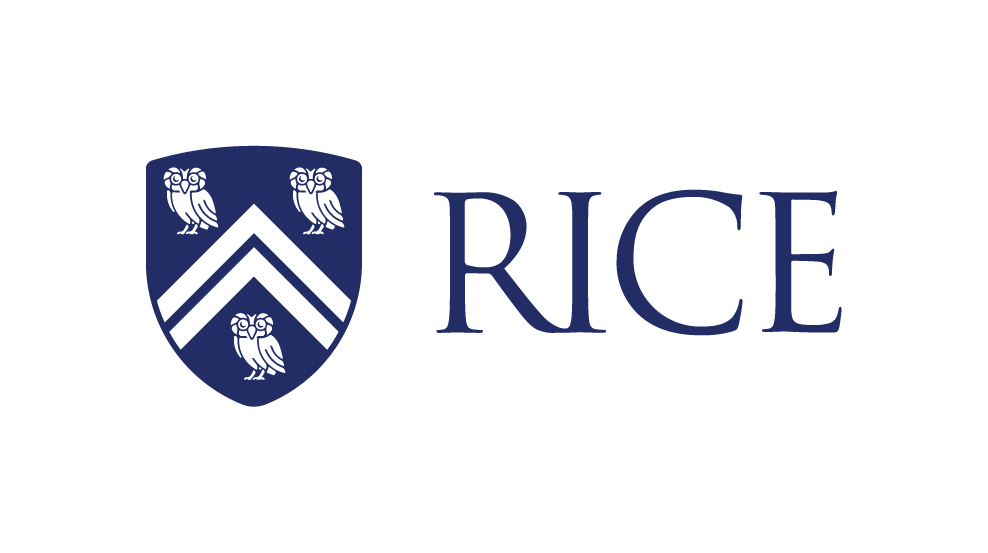Research
Science and Religion
Religion Among Academic Scientists
The "Religion Among Academic Scientists" study examined approaches to religion and spirituality among natural and social scientists at elite universities in the United States. From 2005 to 2009, Elaine interviewed 1,646 scientists at 21 research universities, and then interviewed 275 of them in depth. Based on her analysis from this study, Elaine concluded that most of what we believe about the faith lives of scientists is wrong. Different from the cold rationalists the public often imagines scientists to be, many scientists actively seek sources of spirituality to further explore the purpose of their lives. A number of scientists said they consider spirituality (which they define in a variety of ways) important even if they do not believe in God or practice a formal religion. Some scientists said they see the realms of science and religion as completely distinct, while others see them as overlapping, even if only within certain niches.
Overall, the study demonstrates the surprising and varied religious beliefs of America’s top scientists and the implications these have for public science.
Religious Understandings of Science (RUS)
The “Religious Understandings of Science” project illuminates the diverse and nuanced ways in which Americans view the relationship between religion and science. It examines how religiously involved Americans perceive science, how Americans employed or educated in scientific professions perceive religion, and how the general population thinks about the religion-science interface.
The RUS study is a mixed-methods effort comprising participant observation, qualitative interviews, and a nationally representative general population survey. Qualitative observational and interview data, collected from May 2011 to January 2014, focus on 22 religious communities representing diverse traditions within Christianity, Judaism, and Islam. Participant observation in congregational settings helps us understand how these organizations shape members’ views on religion and science, and enables us to examine the effects of institutional culture on members’ beliefs. Interview data provide insights into people’s discourses and ways of thinking and meaning-making across religious traditions. In total, the qualitative data consist of 248 observations and 319 interviews. Subsequently, these data inform a general population survey of 10,241 Americans. Survey data enable generalizable comparisons within and between religious groups as well as statistical relationships between aspects of religiosity (belief, identity, and practice) and scientific attitudes, knowledge, or participation. Combined, these data reveal potentially causal relationships.
Religion Among Scientists in International Context (RASIC)
The “Religion Among Scientists in International Context” research initiative involves an eight-country study aimed at understanding how scientists view the social context of science. Through the analysis of data collected in France, Hong Kong, India, Italy, Taiwan, Turkey, the United Kingdom, and the United States, the study explores scientists’ perspectives on professional ethics, science policy, religion, and the role of family and gender in the scientific enterprise. The cross-national character of the study, as well as the participation of research scientists at different points in their careers and at more and less research-intensive institutions, enables exploration of many research questions, including the following:
- How do biologists and physicists perceive the meaning of research integrity and misconduct?
- How do these perceptions vary by national context, discipline, gender, and career stage?
- Under what conditions are scientists obliged to act when research misconduct has occurred?
- What are the potential conflicts of interest (if any) of industry’s role in research?
- How do the perceptions of men, when compared with women, differ when discussing why there are few women in these science fields?
The RASIC initiative employs a mixed-methods approach to data collection and analysis. A survey enables us to compare scientists’ perspectives across our study nations and, within these nations, to compare scientists’ perspectives with those of the general public. Qualitative interviews of a sub-sample of survey respondents enhance the meaningfulness and validity of the survey results. Across the study nations, we surveyed over 20,000 scientists at all career stages—from graduate students to full professors and senior scientists. Additionally, we conducted in-depth interviews with more than 600 scientists.
See articles on science and religion →
Gender and Science
The “Influences on Science Careers” study, which Elaine conducted with Anne Lincoln of Southern Methodist University, looks at which factors influence the decision to go into science as a career. They conducted an online survey of male and female scientists in the top 20 graduate programs in physics and biology, including graduate students, postdocs, and professors. They also conducted life history interviews with a sample of the scientists.
The study illuminates the persistent gender disparity among academic scientists by investigating the perceptions both men and women have about the educational experiences that factored into their decision to pursue an academic science career.
See articles on gender and science →
Immigration and Religion
Religion is an important part of the immigrant experience, as well as a central motivator of civic participation in the United States, yet little is known about whether religious participation strengthens the ability of new immigrants to contribute to American civic and political institutions. The Religion, Immigration, and Civic Engagement (RICE) study, conducted by Elaine and Michael Emerson of North Park University, examined how various forms of religion and spirituality influence immigrant civic participation, as well as how religion and spirituality help shape civic identities.
See articles on immigration and religion →
Medicine and Religion
Despite evidence that religious faith influences both the practice of clinicians and how patients experience illness, the relationship between medicine and religion has received scant scholarly attention. To promote a deeper understanding of this relationship, Elaine and sociologist Wendy Cadge of Brandeis University examined the categories that doctors develop for understanding the connections between medicine and religion in the context of their work and personal lives.
See articles on medicine and religion →
